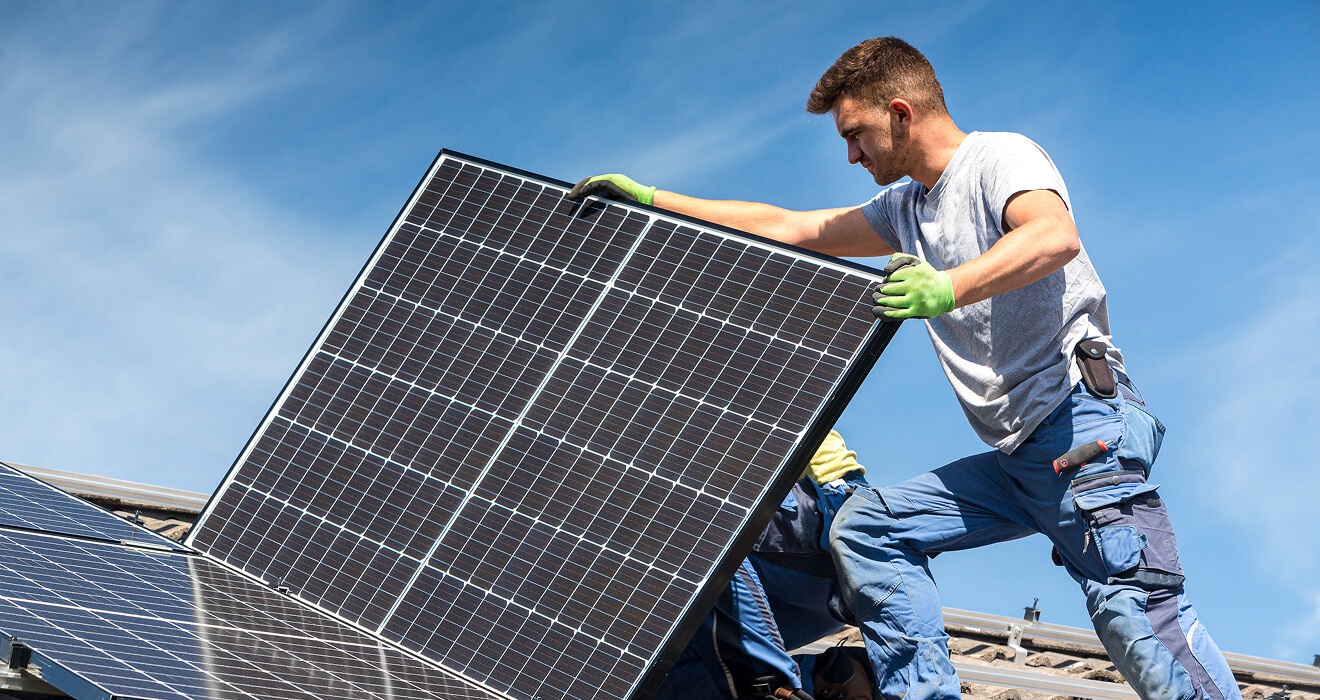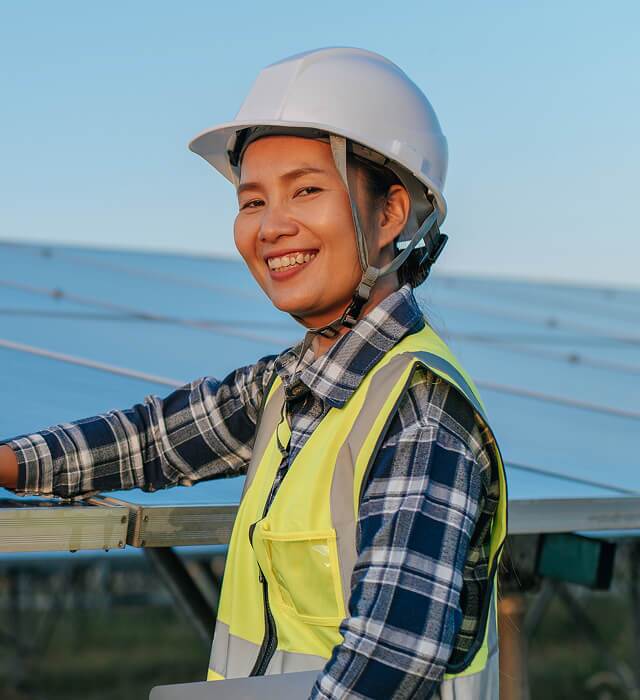About Us
- Home
- /
- About Us
About Our Company
Revolutionising Factories with Cutting-Edge Solutions</span

We have been Since 1998.
We are revolutionizing the Manufacturing Industry by integrating Cutting-edge Technology,

Renewable Energy
Professional advice to help you transition smoothly to clean energy sources
Solar Monitoring
Real-time system tracking to ensure optimal performance and quick detection
Hybrid Systems
Combining solar with other renewable sources for continuous energy
Our Experience
Bringing renewable energy to your life
Start saving money and reducing emissions with reliable solar solutions designed for your everyday energy needs

Cost Reduction
0
Energy Savings
0
Expert Professionals
Meet Our Dedicated Energy Experts

Olivia Martinez
Solar Specialist
Noah Davis
Operations Director









